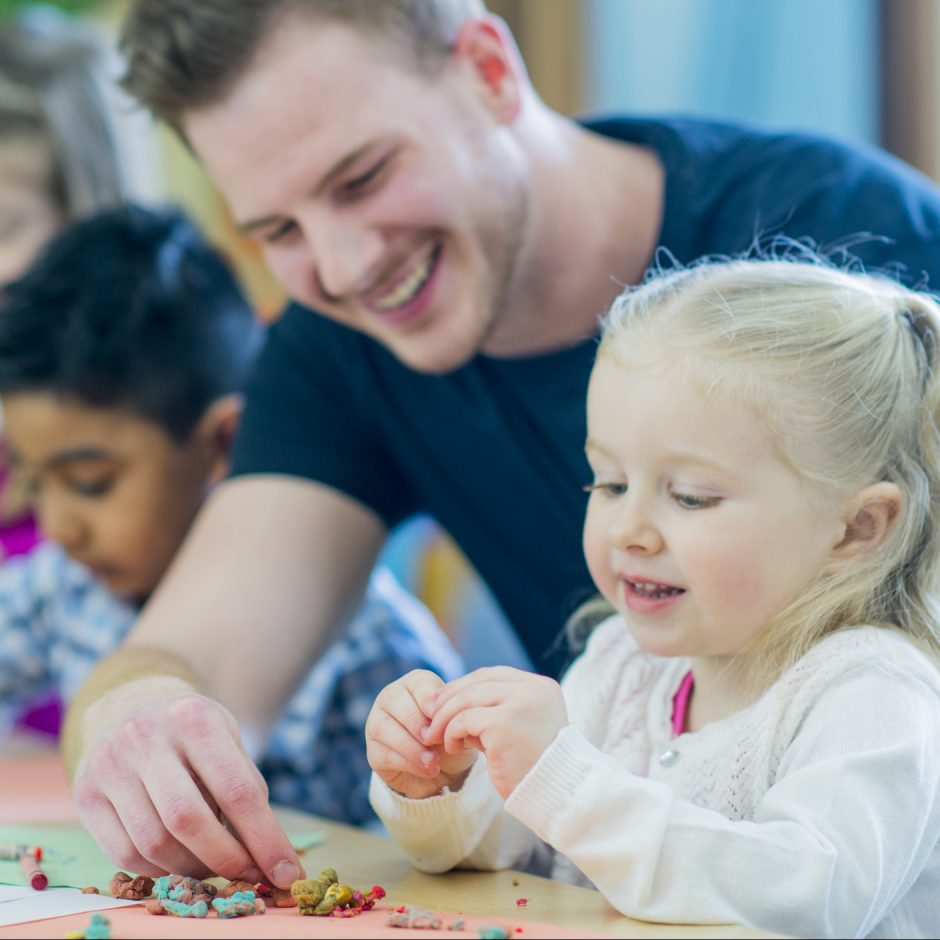
Certificate – BC Early Childhood Education Assistant
Certification by the BC Ministry of Children and Family Development allows students to work with young children in an early childhood setting (ages birth to 5 years), under the supervision of a qualified Early Childhood Educator.
Following completion of one of the online courses (ECED 401, EPSE 406, or ECED 407), students may apply for the Early Childhood Education (ECE) Assistant Certificate with the BC ECE Registry. This allows students to work within the childcare system while continuing to complete the BC ECE Basic Certificate Program or another program of study.
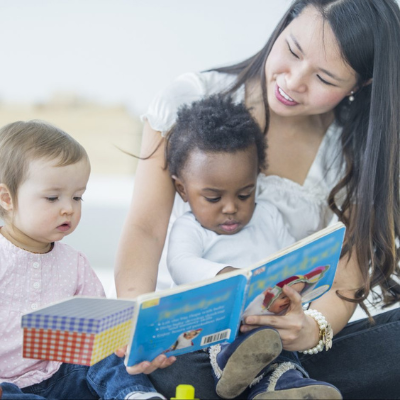
Certificate – BC Early Childhood Education Basic
The BC ECE Basic Certificate program consists of 39 credits (13 courses) of prescribed online courses and 9 credits of in-person practicum courses held at BC-licensed early childcare centres (48 credits total). Most practica will take place in the Lower Mainland. Once students are admitted, they can discuss with their advisor the potential for a rural or non-Lower Mainland practicum.
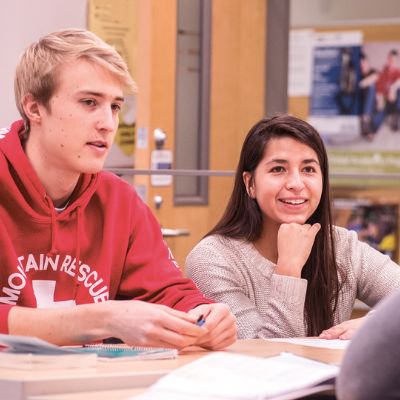
Certificate – English for Academic Purposes
Develop Your Academic Writing, Reading, Speaking, & Listening Skills
English for Academic Purposes Online offers the same excellent teaching, curriculum and daily social activities as our on campus program. Take part in live chats, video presentations and interactive group projects!
This program is for students who want to develop their academic writing, reading, speaking, and listening skills. Many students in this program are hoping to study at a university where English is the language of instruction.
The program lines up with the UBC academic calendar to allow for an easy transition for students starting a UBC degree program.
You will be tested online in advance to ensure your understanding of English meets the minimum requirements.
Upon completion of each 8-week program you will receive a certificate and transcript.
Who It’s For
English for Academic Purposes is for students who want to develop their academic writing, reading, speaking, and listening skills and want the convenience of online learning! Many students in this program are hoping to study at a university where English is the language of instruction.
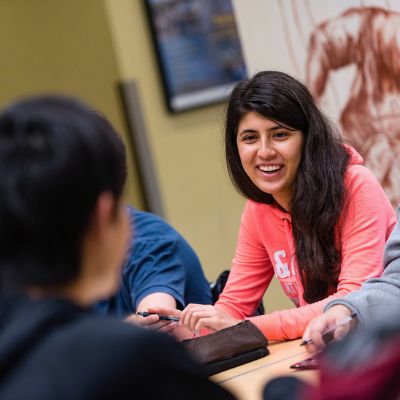
Certificate – Explore English
Improve Your English Fluency & Accuracy
Explore English focuses on speaking fluency and accuracy. Classes provide you with language instruction and practice along with opportunities to explore global topics through collaborative group work, facilitated discussion, and interaction with guest speakers.
Who it’s For
Canadian students who have received a bursary from the Council of Ministers of Education Canada (CMEC).
International and Canadian students who have not received a bursary are welcome to apply for the On Campus version of this program.

Certificate – Global Citizenship Through English
Advance Your Understanding of Global Issues & Improve Your English
In this program you’ll get to:
- Practice English in real time with live video and instant messaging
- Work in pairs and teams with your classmates from different countries and cultures
- Take part in projects, facilitated discussions and short talks by guest speakers
- Join virtual tours of UBC’s campus and downtown Vancouver
Who it’s For
Global Citizenship through English is designed for students who wish to improve their English skills and learn about civil society, global citizenship and sustainability in both a Canadian and a global context.
Many students choose to start their studies at ELI in this program before moving into English for Academic Purposes or Vancouver English Experience programs.
Upon completion of the program you will receive a certificate.
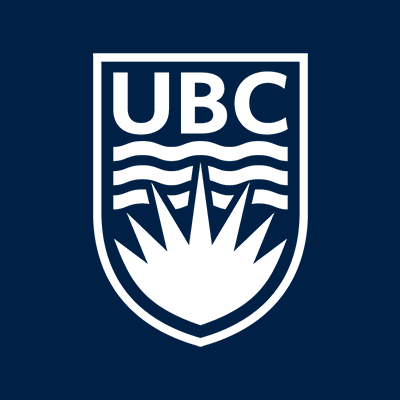
Certificate – Infant Development & Supported Child Development (IDSC)
This certificate program aims to provide students with a basic foundation of the knowledge and skills needed to work with young children (birth to 9 years) with special needs and their families especially in the Infant Development Program (IDP) and the Supported Child Development program (SCD).
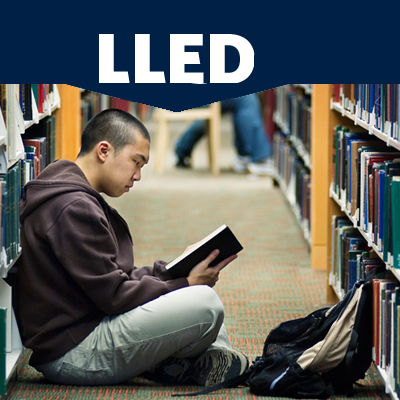
Certificate in Education – Teacher-Librarianship
Today’s teacher librarian is a dynamic teacher able to:
plan units of study collaboratively with other teachers; teach information literacy to students; develop curricula that integrates information literacy and technology; work with teachers to improve literacy learning; select quality resources and manage collections that support the curriculum, lifelong learning, and independent reading.
The diploma and certificate programs incorporate course work in educational leadership, inquiry-based learning, literacy, collaborative planning and teaching, information literacy, curriculum design and implementation, multi-media resources, and learning technologies.
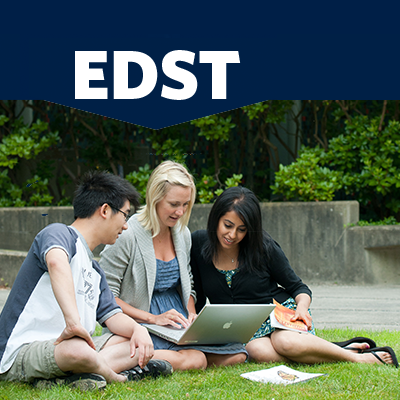
Diploma in Education – Adult Learning & Education (ALE)
This program is designed for professionals wishing to acquire new skills or to build on their current knowledge base regarding adult learning. The Diploma in Adult Learning and Education is particularly appropriate for those who do not want to pursue a graduate degree but are interested in developing skills and knowledge in organizing, conducting, evaluating or administering programs for adult learners. Typical students range from business people to government workers to healthcare professionals to community organizers to independent consultants and other professionals whose practice, in some way, includes designing and running learning experiences for adults.

Diploma in Education – Teacher-Librarianship
UBC offers a 30-credit Diploma in Education – Teacher-Librarianship. This diploma meets all the course recommendations of the Canadian School Library Association. Students have the option to complete their Diploma entirely online.
The Diploma in Education – Teacher-Librarianship offers flexibility in course selection. Students are encouraged to take the required courses in any order, and at their own pace. All 30 credits must be completed within five years from the commencement of the first applicable course. If students begin their coursework as an unclassified student, they may advance their UBC coursework to a maximum of 18 credits (or, if a student has studied outside of UBC, 12 appropriate non-UBC credits) into their Diploma program. Please note that any transferred credits must also be within the five year limit.
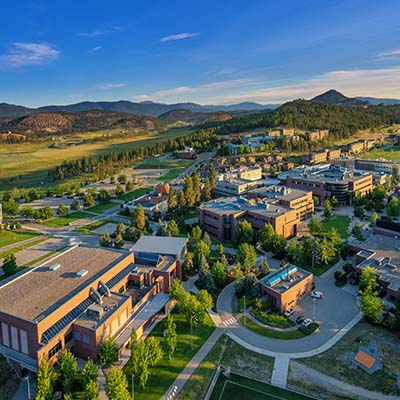
Doctor of Education (EdD) – Kelowna Blended Cohort
The Doctor of Education (EdD) is designed to inform, empower, and engage current and aspiring leaders. You will have the opportunity to create meaningful changes in your local community as you apply newly learned knowledges, contextualize practical insights, and analyze and address problems of practice in your local contexts. The flexible delivery format allows you to stay in your community and continue working full-time. The majority of the coursework will be delivered online with opportunities to come to campus for summer intensive sessions.
Interdisciplinary cohorts of 15 to 20 doctoral students will journey together, alongside their supervisors and instructors to foster life-long professional networks and invest in scholar-practitioner communities world-wide.
Through your Practice-Based Dissertation, you will have the opportunity to carry out an independent research project inquiring into a problem of practice in your professional context.

Graduate Certificate – Educational Technology
The Graduate Certificate in Educational Technology allows you to undertake study in this field without committing to a full Master of Educational Technology (MET) program. As a graduate certificate student, you may select from the same range of courses offered to those in the full MET program, and you will study alongside students in the Master of Educational Technology program.
In order to complete a certificate, you must complete ETEC 500 and at least one other MET core course, plus three elective courses.
- New students are accepted into the graduate certificate program three times per year in January, May, and September.
- Graduate certificate students typically complete their program in 1-2 years. <li<Up to 3 credits of non-MET courses may be credited towards your graduate certificate with approval of the MET Academic Advisor.
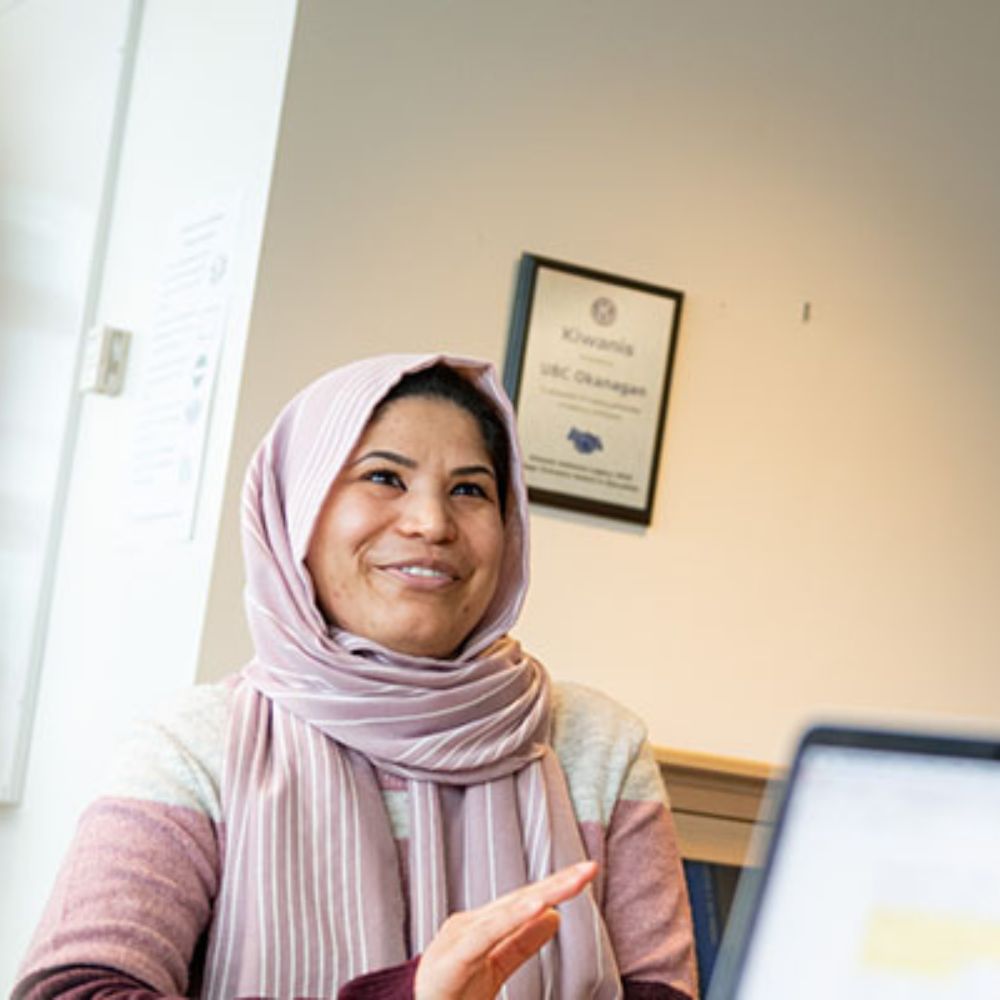
Master of Arts in Education (MA)
Explore what you are passionate about while weaving in your own knowledge and interests throughout your courses. Our MA is for those who wish to develop their expertise as researchers in addition to furthering their knowledge through offered coursework. Our students work with their supervisors to plan a program that meets their interests and goals by choosing from a variety of courses. In a MA, students are required to carry out and defend an independent research project (thesis).

Master of Education (MEd)
Explore what you are passionate about while weaving in your own knowledge and interests throughout your courses. In this program, students will gain valuable inquiry skills while fostering personal and professional development throughout their coursework.
Students will work with their supervisors to plan a program that meets their interests and goals by choosing from a variety of courses. Students can pursue their MEd through coursework-only or choose to showcase their understanding by completing a final project known as a Capstone Project.
This program is typically completed on a part-time basis over two to three academic years, including summer sessions.
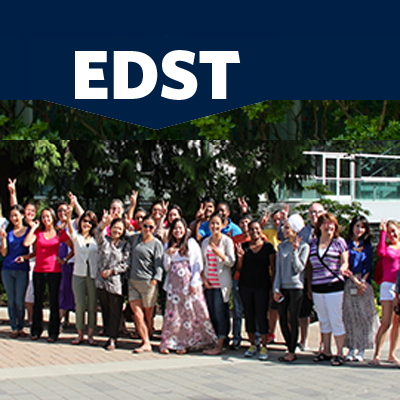
Master of Education (MEd) – Adult Learning & Global Change
The University of British Columbia, in cooperation with partner universities in South Africa (University of the Western Cape), Sweden (Linköping University), and Australia (Monash University) offers an innovative online, coursework-only Master of Education (MEd) in Adult Learning and Global Change (ALGC).
Students proceed through the two-year, 30-credit program as a cohort drawn from the four participating institutions. Instructors are also drawn from these universities; students will benefit from a truly international staff.
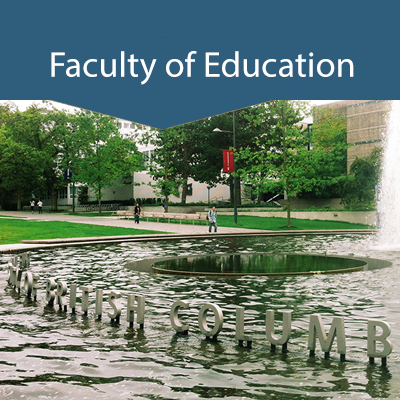
Master of Education (MEd) – Early Childhood Education
Graduate programs in Early Childhood Education are designed for educators and child care professionals who wish to explore issues in early childhood research, theory, and practice. Early childhood graduate programs are interdisciplinary, faculty-wide programs that consist of core courses in early childhood education (ECED) and related courses in other departments. Key areas of focus include: theorizing early childhood and early childhood education, research and research methodologies, issues in early childhood curriculum, instruction, assessment and evaluation, and cross departmental inquiries in early childhood education.

Master of Education (MEd) – Early Childhood Education Online Cohort
The MEd program in Early Childhood Education (ECED) is designed for teachers, early childhood educators, and other early childhood education professionals who are interested in enhancing their knowledge of professional practice with young children.
This engaging, online graduate degree program allows you to inquire into your work with young children, and offers opportunities to explore issues in early childhood research, theory, and practice.

Master of Education (MEd) – Curriculum Studies | Kootenays Blended Cohort
This unique MEd in Curriculum Studies, with a focus on Practitioner Inquiry and Place-Conscious Pedagogies, takes into account a diversity of perspectives, pedagogies, and conceptions of curriculum. This part-time graduate cohort takes place in Nelson, BC in a blended format (online September – June with in-person summer courses).
This program offers students opportunities to examine, theoretically and experientially, the multiple and complex relations between teaching, learning, place, and the potential realization of social justice in local contexts.

Master of Education (MEd) – Home Economics Education Online Cohort
This online graduate program delves into key aspects of Home Economics curriculum with connections to Applied Design, Skills, and Technologies (ADST) curriculum, Textile Arts, and Culinary Arts.
This program has been designed for school and community educators who teach in areas such as food and nutrition, textiles, family studies, health, human ecology, consumer studies or related projects such as food security or school gardens.

Master of Education (MEd) – Literacy Education Online Cohort
This online graduate program allows students to read and engage with the latest research in the field of Literacy education, and connect research to practice.
This program aims to personalize the learning for each admitted cohort. Depending on each cohort’s learning needs, adjustments will be made in the delivery of courses. Students will be encouraged from the beginning of the program to engage in self inquiry by bringing their personal questions into synchronous and asynchronous conversations, and exploring the answers to these questions through their course assignments and graduating project.

Master of Education (MEd) – Mathematics Education Online Cohort
This MEd is a unique, fully-online program exploring approaches for constructing and living mathematics curriculum responsive to place/land and connected to community.
The program offers opportunities to study teaching and learning mathematics in diverse community contexts, and applications are welcome from a wide range of students including early childhood educators, elementary school teachers, secondary and post-secondary school teachers, and educators keen to explore creative and innovative contexts to support and inspire children and youth in mathematical inquiry in community.

Master of Education (MEd) – Media & Technology Studies Education Online Cohort
Explore the field of applied design and its relationship to learning technology in education
This masters program is ideal for teachers specializing in computer science, ICT, and technology education, as well as more generally teachers within the Applied Design, Skills, and Technologies (ADST) cluster in BC schools.
Applied learning has become an integral part of all of British Columbia’s curricula. Through the newly designed Applied Design, Skills, and Technologies (ADST) curriculum students are offered several options to develop the ability to design, make, acquire, and apply skills and technologies key for their engagement as citizens of the future.

Master of Education (MEd) – Modern Languages: French Online Cohort
For teachers in French Immersion, Francophone, Core French and Intensive French Programs.
This graduate program allows teachers to explore their classroom practices from a research-informed perspective by placing the focus on their specific interests related to French language teaching, for example: multiliteracies and translanguaging, intercultural learning and curriculum renewal through indigenization, using gaming to teach French, social justice and inclusive practices in French language programs, as well as other current issues.
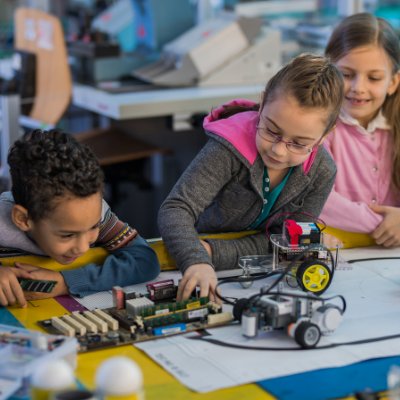
Master of Education (MEd) – Science Education Online Cohort
A part-time fully online graduate program offered by leading UBC Science Education researchers to working professionals in Canada and beyond.
The MEd in Science Education is ideal for those seeking to make a difference in teacher education; learning and teaching at the elementary, secondary and post-secondary levels; industry; teaching and research institutions; government and private sector bodies; museums; outdoor settings and other science-based organizations.

Master of Education (MEd) – Social Studies Education Online Cohort
Curriculum, Historical inquiry, & Pedagogy (CHiP)
This program delves into key aspects of social studies curricula with connections to historical thinking, historical consciousness, visual culture, anti-oppressive and anti-racism education, gender studies, moral education, and the history and politics of curriculum.
As educators in diverse contexts, the students in this program are responsible for being and creating active citizens who work for the betterment of humanity. Issues of equity, diversity, and social justice are central to the ChiP cohort and serve as foundational lenses for interrogating social studies curriculum and pedagogy.

Master of Education (MEd) – Teaching English as a Second Language Online Cohort
The goal of this online graduate program is to develop specialized professionals in the field of Teaching English as a Second Language (TESL).
The Master of Education in Teaching English as a Second Language is a graduate-level, part-time and online cohort program that allows students to gain theoretical and practical knowledge in areas such as applied linguistics for teachers; second and foreign language acquisition; English proficiency assessment; language, discourse, and identity; multilingual literacy and multimodality, and more!

Master of Education in Indigenous Education – Online Cohort
A focus on Indigenous education policy, curriculum, and community relationships.
A program that will equip educators to respond to Indigenous Education initiatives across the province of British Columbia.

Master of Educational Technology (MET)
This multidisciplinary program, offered by the Faculty of Education, is a collaboration among multiple departments. Learn more about Faculty-wide graduate programs administered by the Office of Graduate Programs and Research (OGPR).
Skilled Educators create rich learning environments where students are introduced to new ideas, develop new skills, and expand their perspectives. The informed use of technology can engage students in new experiences and create a community of learners across geographical boundaries.
The UBC Master of Educational Technology (MET) is a fully online graduate-level program offered by a world-renowned university, that has attracted students from over 35 countries. A truly international program.
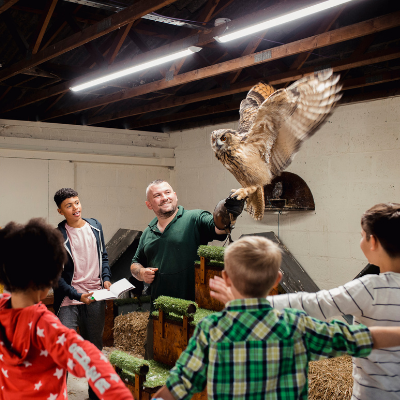
Master of Museum Education (MMEd) – Online Cohort
The MMEd is a unique graduate degree program focusing on the study of education and learning that occurs in museums and other informal learning contexts (such as, art galleries, science centres, parks and historic sites).
This program draws together Museum professionals, educators and those with an interest in using the community to support teaching and learning to further their thinking and scholarship around museums as sites of education and learning.
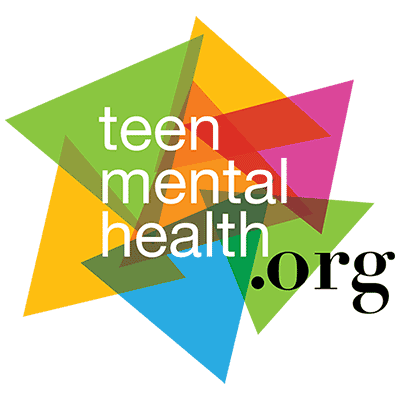
MOOC – Bringing Mental Health to Schools
A self-guided, fully online, classroom ready, modular mental health curriculum resource.
Mental health literacy is the foundation for mental health promotion, prevention and care and can be successfully implemented through classroom based curriculum interventions that have been scientifically shown to improve mental health related outcomes for students and also for their teachers. A Canadian-developed, nationally and internationally-researched resource, the Guide – previously delivered only through face-to-face training – is now available online through this UBC-supported program.
In this course, educators will learn how to apply this classroom-ready, web-based, modular mental health curriculum resource (the Guide) as well as upgrade their own mental health literacy. Educators can then use this curriculum resource in their schools to successfully address mental health related curriculum outcomes designed to be delivered by usual classroom teachers to students in grades 8 – 10.

MOOC – Reconciliation Through Indigenous Education
This course will help you envision how Indigenous histories, perspectives, worldviews, and approaches to learning can be made part of the work we do in classrooms, organizations, communities, and our everyday experiences in ways that are thoughtful and respectful. In this course, reconciliation emphasizes changing institutional structures, practices, and policies, as well as personal and professional ideologies to create environments that are committed to strengthening our relationships with Indigenous peoples.
For educators, this means responding to educational reforms that prioritize improved educational outcomes for Indigenous learners. In addition, educators must support all learners to develop their knowledge and understanding of Indigenous people’s worldviews and cultures as a basis for creating equitable and inclusive learning spaces. To support these goals, teachers, administrators, young people, school staff, and researchers will learn from Indigenous Elders, educational leaders, and culturally relevant learning resources as part of their experiences in this MOOC.
For others who want to build their own competence and the capacity of those around them to engage in relationships with Indigenous peoples based on intercultural understanding, empathy, and respect, this course will help get you started in this process.
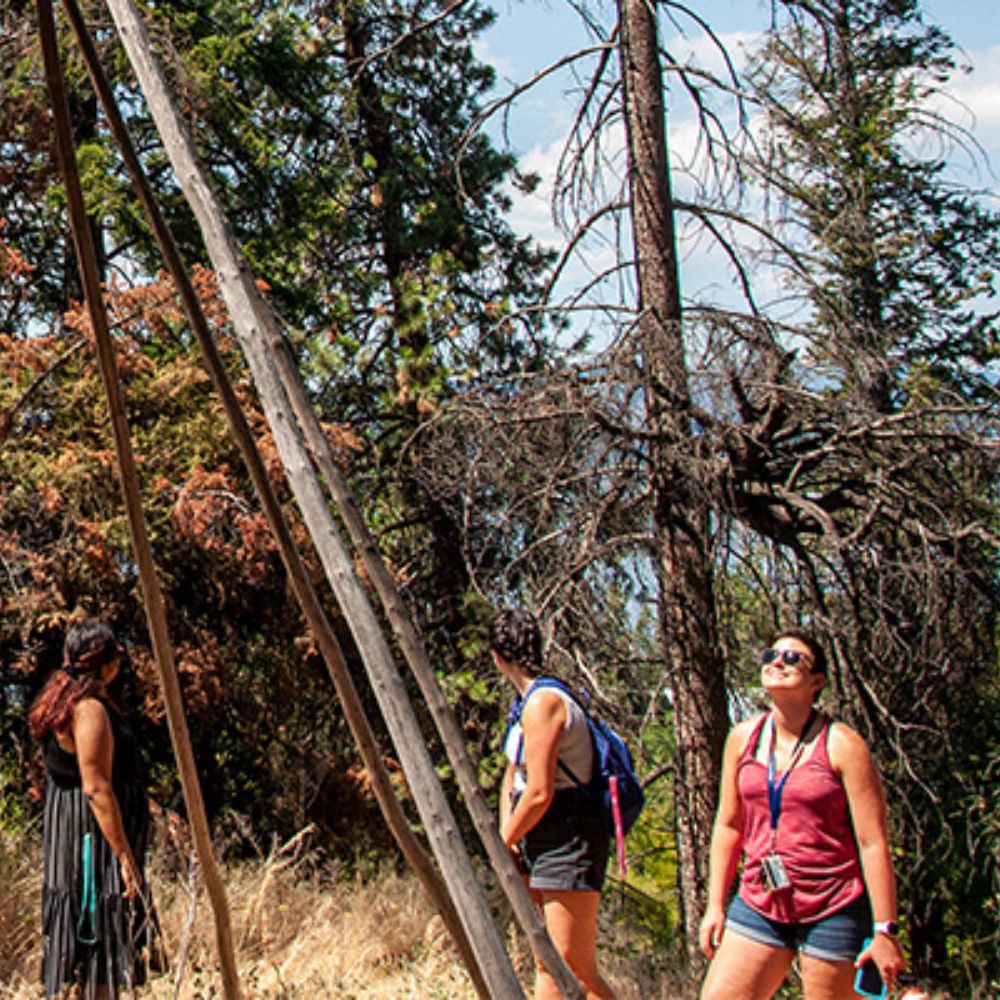
Summer Institute in Education (SIE)
The Summer Institute in Education offered by the Okanagan School of Education offers excellent summer learning opportunities for those seeking professional development or are pursuing a certificate, diploma, or master’s degree. The three-credit three-week courses are offered online, hybrid, and in-person. Course topics change each year and are reflective of current trends in teaching.
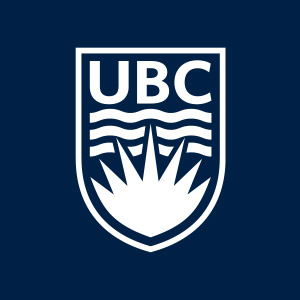
Veterans Transition Certificate in International Development and Human Security
This certificate program is designed to support military-connected individuals transitioning from military service as they explore new academic and career opportunities.